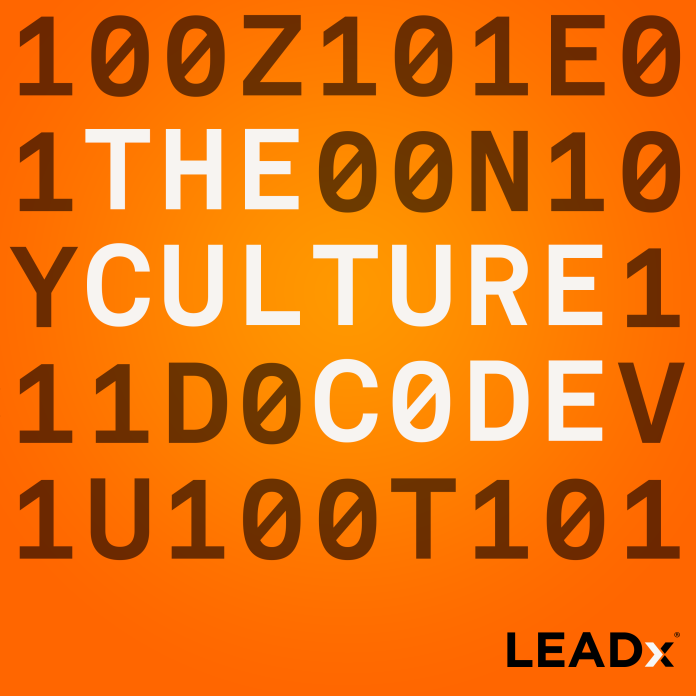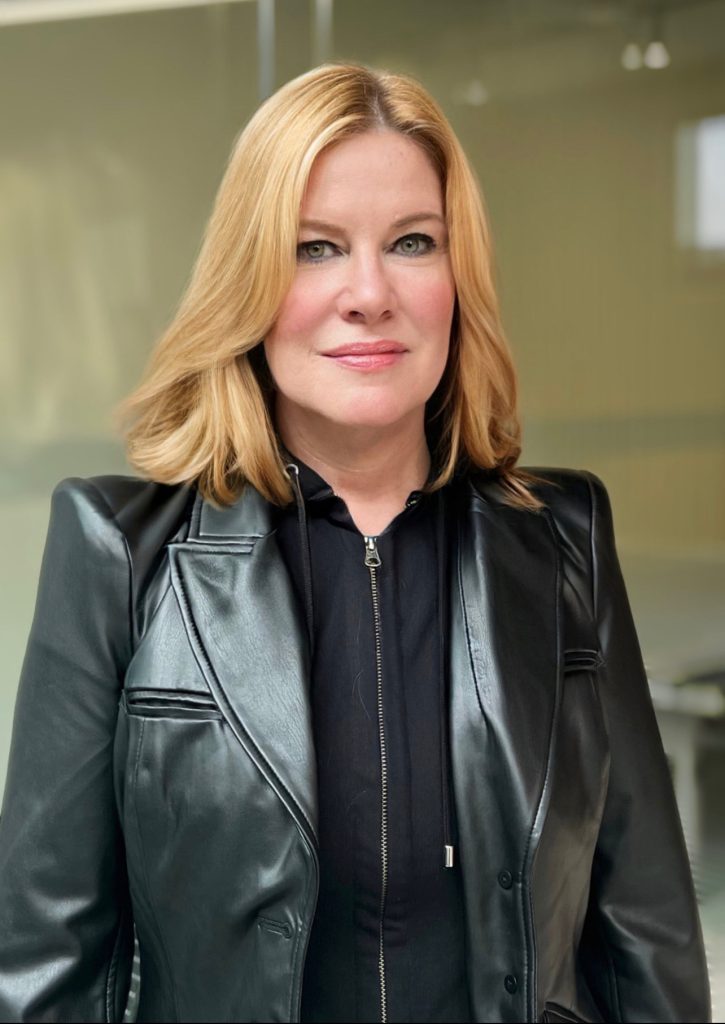
Leadership development is the lever for a thriving culture. Gallup research indicates that 70% of engagement can be traced back to an employee’s relationship with their manager.
At DocuSign, employees actively love their leaders. In fact, year after year, one of the company’s highest-scoring items on its employee engagement score is “How likely would you recommend your manager?” When I asked Chief People Officer (CPO) of DocuSign Jennifer Christie about the success of her leadership development team, she said she attributed it to the proper preparation of emerging leaders.
DocuSign is best known as an e-signature company. With 7,000 employees, DocuSign has more than one million customers and more than one billion users.

DocuSign Develops Culture by Preparing Its Emerging Leaders
Since research correlates 70% of employee engagement to managers, the way a company develops its leaders can be incredibly telling of its culture.
At DocuSign, employees love their managers. On the biannual engagement survey, employees consistently rank the question “Would you recommend your manager to others” as a top-scoring item across the entire survey. Christie attributes this affinity for managers to two key components behind her team’s leadership development:
- They prepare people to lead early – Christie’s leadership development team works with people before they actually manage them. “If we've identified someone as being on a path to become a manager, we put them through training to help them experience what it’s like to be one,” Christie remarked. “Often, people think of management as the next natural step without recognizing that it's a lot of work. We want people to go into people leadership with their eyes wide open about what it entails.”
- Emerging leaders can then opt out of leadership roles – Based on their experience during training, emerging leaders then have the ability to opt in or out of leadership. “If someone takes a people leadership role, it's very intentional, and they know the work they've got to do to be a really great manager,” Christie explained.
A Culture of Caring at DocuSign
DocuSign operates with a culture of caring. “When I say caring,” Christie elaborated, “that means not just caring for each other and having each other's backs inside the company but also caring for our customers. We are very purpose-driven and have low egos. It's not about titles. It's not about staying in your lane. It's about what we can do to help.”
To foster a culture of caring, Christie and her team employ two key initiatives:
- ERGs – DocuSign has a robust set of nine global employee resource groups (ERGs). “ERGs are our cultural fabric. We have great executive sponsorship. The groups really help employees obtain guidance, undergo development, and think about how to navigate their careers,” Christie highlighted.
- Recognition Platform – The second component that Christie emphasized was DocuSign’s use of a recognition platform. “Peer-to-peer recognition really resonates with our caring culture,” Christie said. “To add a platform that allows people to give recognition in a more robust way really fits our culture.” Christie just launched a platform named Spark, where DocuSign employees can give each other peer-to-peer recognition. “It's a more formal way of recognizing anniversaries through a memory book. People can also give points that are the equivalent of buying someone a cup of coffee, or they can just give someone a nice shout-out,” she explained. “The key idea is that recognition occurs in a central platform that raises visibility.” Having just launched Spark this week, Christie and her team have already had more than a third of DocuSign employees sign on to the platform, with more than 1,200 points of recognition.
Christie’s Book Recommendations for HR Professionals: Thanks for the Feedback and Difficult Conversations
All of the chief people officers I have interviewed are voracious readers and learners. Asked what book she would recommend for human resources (HR) professionals to read, Christie recommended Thanks for the Feedback and Difficult Conversations. Both books were written by the Harvard Negotiation Project with Sheila Heen and Douglas Stone. “These are two books that everyone can benefit from. I don't care what job you have or what level you are, these kinds of conversations are difficult. Giving feedback that's going to land the right way or receiving feedback in a productive way are fundamental skills for everything we do.”
Christie’s Advice for CPOs: Ingrain Yourself in the Business
Christie’s advice for someone stepping into a CPO role was to ingrain yourself in the business. She said, “When I first took the stage at a different company, I thought everyone expected me to be perfect and the best HR expert. I chose to focus less on being an expert in the business. If you focus on understanding the business, it will make you a better partner to your chief executive officer (CEO) and your peers.”




